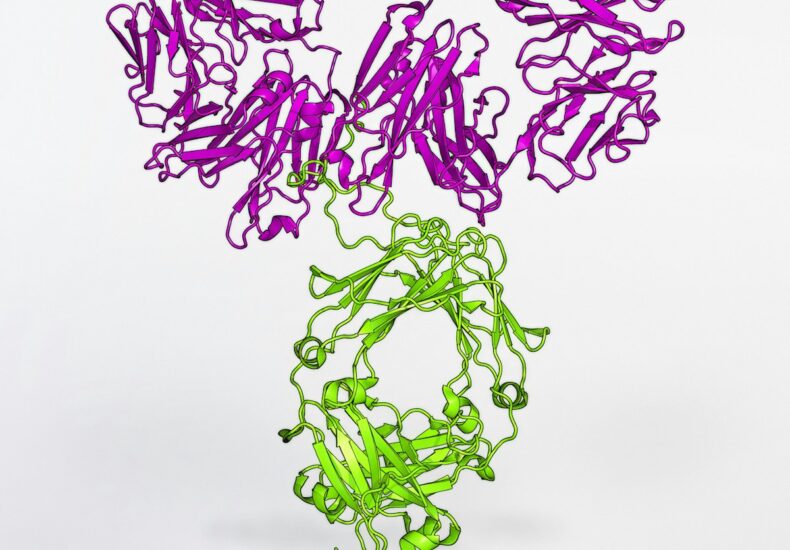
What Are Monoclonal Antibodies?
Monoclonal antibodies (mAbs) are laboratory-made molecules that mimic the natural antibodies produced by the immune system. Antibodies are proteins that the body creates in response to foreign invaders, such as viruses, bacteria, or harmful cells, to help identify and neutralize them. Unlike natural antibodies, which are produced in response to a variety of targets, monoclonal antibodies are designed to bind to a specific target, such as a particular protein or antigen.
Monoclonal antibodies are created using advanced biotechnology techniques. Scientists typically start by identifying an antigen of interest—such as a protein found on the surface of a cancer cell or a virus. Then, they generate identical antibodies in the lab by cloning a single immune cell that produces the desired antibody, ensuring all antibodies are uniform and highly specific to the target.
How Are Monoclonal Antibodies Used?
Monoclonal antibodies are used in a wide range of medical applications, including:
- Cancer Treatment:
Monoclonal antibodies can bind to specific proteins found on cancer cells, helping the immune system recognize and attack them. Some mAbs also work by delivering drugs or radiation directly to cancer cells, minimizing damage to healthy tissue. - Autoimmune Diseases:
Certain monoclonal antibodies are designed to block inflammatory pathways that contribute to autoimmune disorders like rheumatoid arthritis, multiple sclerosis, or Crohn’s disease. For instance, they may target and neutralize overactive immune cells or proteins that cause inflammation. - Infectious Diseases:
Monoclonal antibodies are used to fight infectious diseases by neutralizing pathogens like viruses or bacteria. For example, they have been employed to treat COVID-19 by targeting the virus’s spike protein, preventing it from infecting human cells. - Organ Transplantation:
To prevent organ rejection, monoclonal antibodies can suppress specific immune responses that might attack the transplanted organ. - Diagnostic Tools:
Monoclonal antibodies are also used in laboratory tests and diagnostic tools to detect diseases. They can bind to biomarkers, helping to identify conditions such as HIV, cancer, or other illnesses.
Advantages and Limitations
Advantages:
- High specificity: Monoclonal antibodies target specific molecules with precision, reducing harm to non-target cells.
- Versatility: They can be engineered for diverse therapeutic uses.
- Potential to treat complex diseases: Many conditions that were once untreatable, like some cancers or autoimmune diseases, can now be managed effectively.
Limitations:
- Cost: Manufacturing monoclonal antibodies is expensive, making these therapies less accessible in some regions.
- Side effects: Patients may experience immune reactions, including allergic responses, as the antibodies are foreign to the body.
- Development time: Producing and testing monoclonal antibodies can take years.
Conclusion
Monoclonal antibodies are a powerful tool in modern medicine, offering highly targeted and effective treatments for a wide range of diseases. As research and technology continue to advance, their potential applications are likely to expand even further, making them an essential part of personalized and precision medicine.
Archives
Calendar
| M | T | W | T | F | S | S |
|---|---|---|---|---|---|---|
| 1 | 2 | 3 | 4 | 5 | 6 | 7 |
| 8 | 9 | 10 | 11 | 12 | 13 | 14 |
| 15 | 16 | 17 | 18 | 19 | 20 | 21 |
| 22 | 23 | 24 | 25 | 26 | 27 | 28 |
| 29 | 30 | 31 | ||||